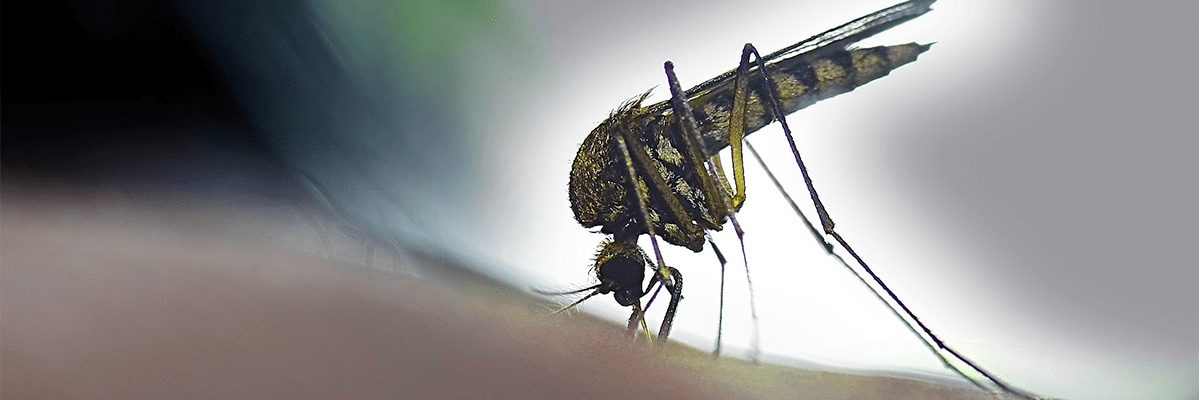The United States could soon become the first country to approve the commercial use of a common bacterium to fight the spread of mosquitoes that can transmit viruses such as Zika, dengue and Chikungunya.
The strategy involves infecting mosquitoes with the bacterium and releasing the males into the environment. The US Environmental Protection Agency (EPA) is reviewing an application from the Biotech start-up MosquitoMate to use the bacterium Wolbachia pipientis as a tool against the Asian tiger mosquito (Aedes albopictus). The company plans to market Wolbachia as a pesticide — one that kills only mosquitoes, and leaves other insects untouched. The EPA’s decision on the matter will come after a public-comment period that ends on 31 May.
MosquitoMate’s strategy involves rearing mosquitoes infected with a particular strain of Wolbachia and releasing the males into the environment. When these male mosquitoes mate with wild females who do not carry the same strain of Wolbachia, the resulting fertilized eggs don’t hatch, because the paternal chromosomes do not form properly. As infected male mosquitoes continue to be released to breed with wild partners, the pest population dwindles.
MosquitoMate, which was started by researchers at the University of Kentucky in Lexington, has tested Wolbachia in A. albopictus mosquitoes in three states over the past three years. The approach has reduced the wild mosquito population by more than 70% in those areas, says Stephen Dobson, an entomologist at the University of Kentucky and founder of the company.
MosquitoMate is also using Wolbachia to target the mosquito Aedes aegypti, which is thought to be the main vector for Zika. The firm began field trials this month of infected A. aegypti mosquitoes in Clovis, California, and has applied to conduct similar tests in Florida and in Orange County, California.
“We’re not trying to kill or suppress the mosquito population, we’re just making them ineffective at transmitting a range of pathogens to people,” says Scott O’Neill, head of Eliminate Dengue and dean of science at Monash University in Melbourne, Australia. The group is testing the technology against A. aegypti in open trials in Indonesia, Vietnam, Australia, Brazil and Colombia. O’Neill hopes to make the system affordable for developing countries at a cost of about US$1 per person.


